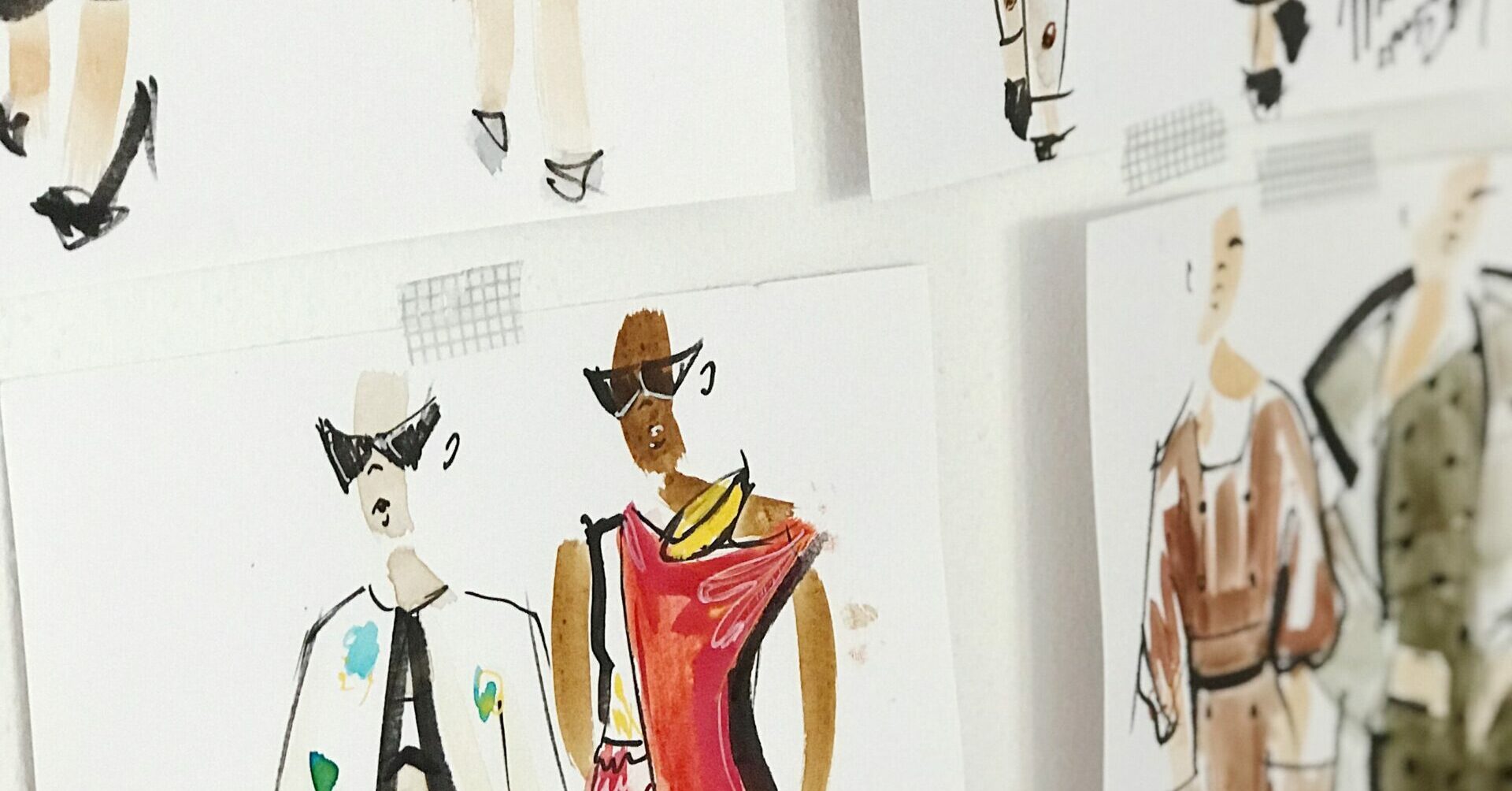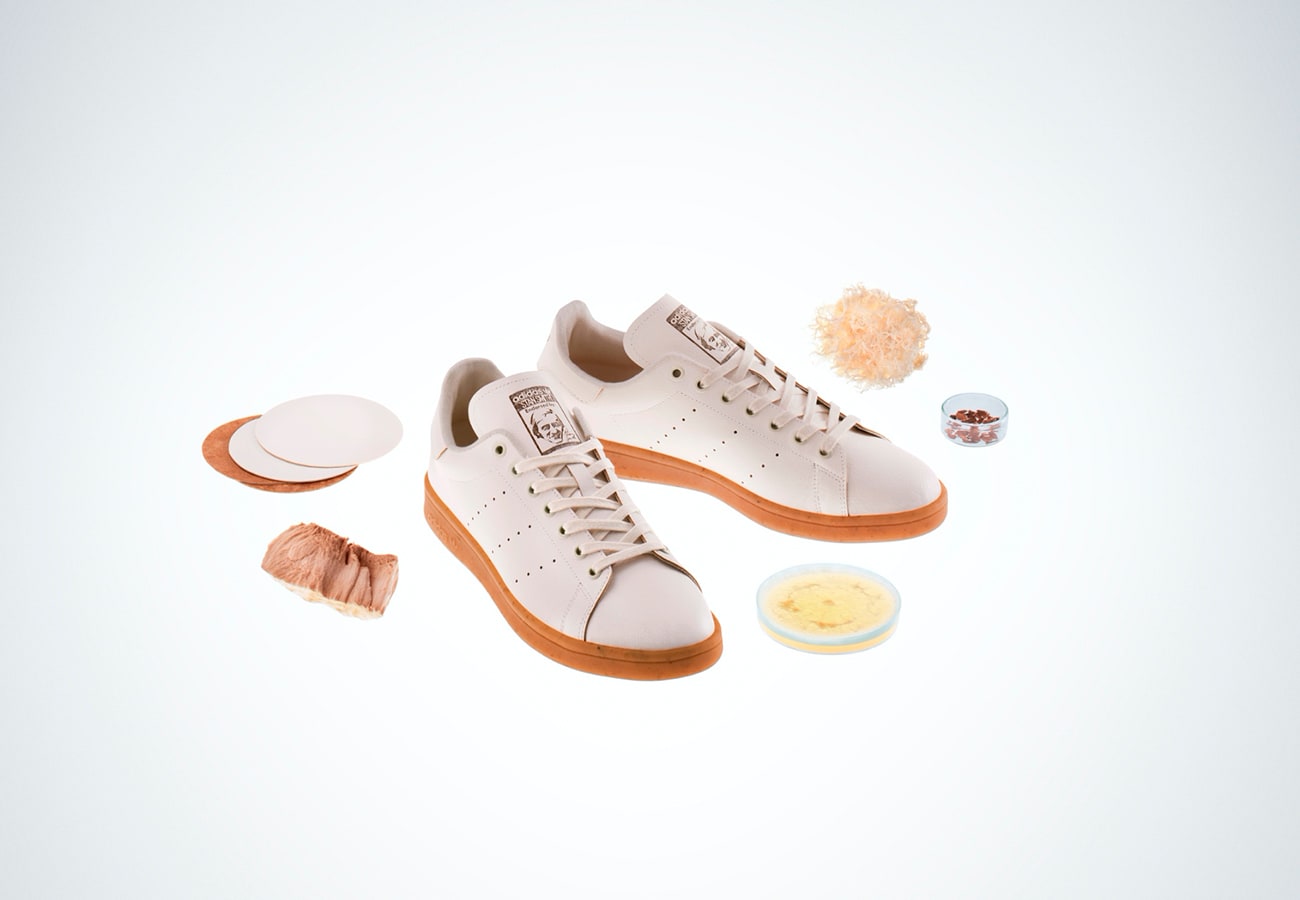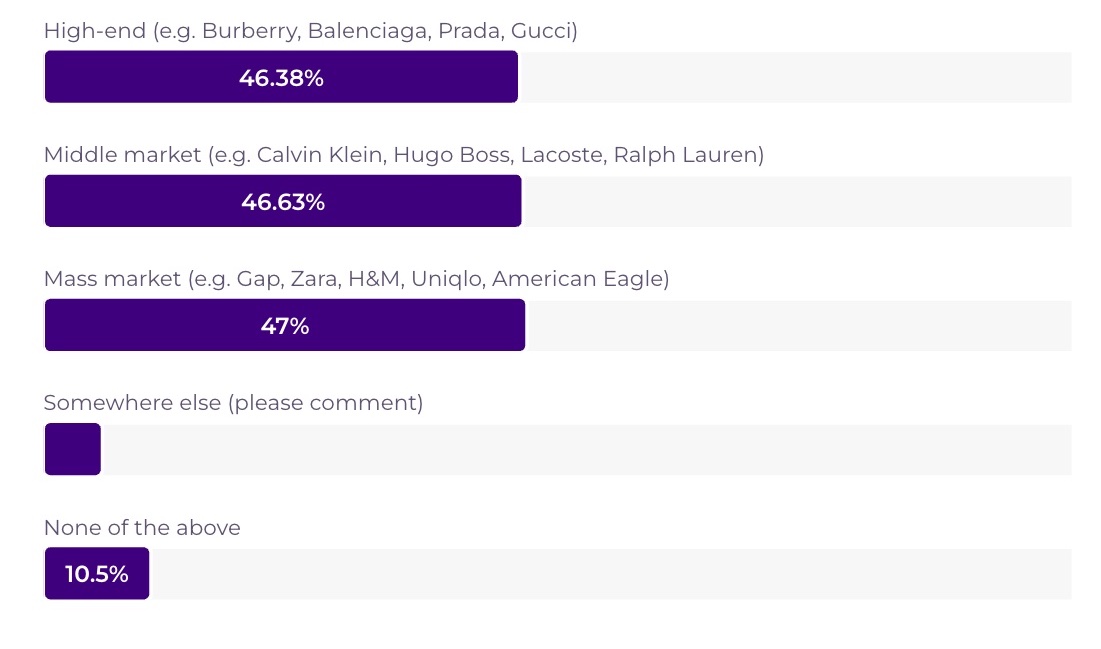Reuse, Replace, Runway
Consumers are seeking to up their green game, and increasingly gravitating towards innovative materials that reduce waste, and we’re just as curious about these innovative new trends as they are.

By Candyd Casidsid
From electric cars to transformed textiles, the increased spotlight on the climate crisis has caused a global shift in consumer preferences. Not only do people want products that are more sustainable, they’re demanding them—and in many cases willing to pay more for them.
As consumers gravitate towards products that reduce waste, brands are taking note. The biomaterials industry is quickly growing, with leaders in the clothing, architecture, food and packaging industries experimenting with new ways to innovate.
We’ve been tracking trends from potato-based plastic and edible algae packaging to eco-friendly avocados and water-soluble shoes.
We were curious which trends consumers were most likely to adopt, and we’ve found that sustainability is particularly in vogue among fashion enthusiasts.
Sartorial solutions
The OnePulse community is very eco-minded: 89% of British Pulsers said tackling climate change is somewhat or very important, while in the US, 84% of American adults agreed—and surprisingly, 61% of Americans believe it is more important to protect the environment than the economy!
Brands are taking note of this increasing preference: including fashion house, Ganni, which has created a collection made from banana waste.

We wanted to know if consumers today are ready for biomaterials as the future of fashion
And the answer is…Y-E-S.
What Pulsers think
When it comes to clothing, 80% are interested in eco-friendly biomaterials. In particular, Pulsers gravitated towards clothing made from:
1. Bamboo 35%
2. Pineapples 34%
3. Bananas 30%
4. Apples 24%
5. Rose Petal 23%
Funnily enough, 34% of consumers said they would be interested in pieces made from pineapples and 22% would purchase cacti clothing, despite their spiky associations.

In addition, some of the least glamourous-sounding options like mushrooms 23% and algae 22% also received interest. In fact, 63% of Pulsers viewed Adidas more positively after learning about Stan Smith Mylo, the brand’s first mushroom leather sneakers.

We also asked the community who they expect to sell clothing made from innovative materials. In their opinion, every retailer has a responsibility to reduce negative impacts to the environment.

What this means for brands
While turning the fashion production industry on its head can seem like a daunting task, consumers are craving new ideas. Our findings suggest that British and American consumers are looking for continued innovation. They care about where their products come from and how they impact the environment. They’re even willing to wear food waste if it means helping the environment.
So take a risk! Wear the mushroom!
What can brands in other industries take away from this? Don’t be afraid of innovation.
If change makes you nervous, agile research can help you reduce risk and validate new ideas before you begin production.
Get in touch with us to find out how some of our clients have even used our platform to cut their innovation timelines down from 8 weeks to less than 8 hours.
Related posts








